Ueli Steck called himself ‘a coward’
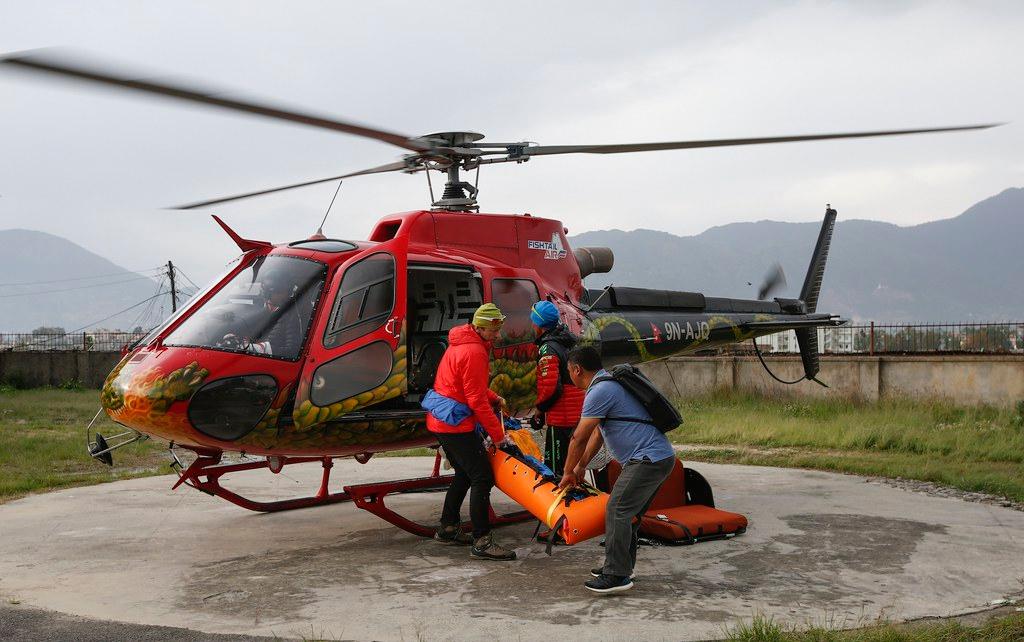
The death of record-breaking, award-winning Swiss alpinist Ueli Steck seemed inevitable to some – himself included.
“Failure to me means, if I die and don’t come home,” is what Steck told the Tages-Anzeiger newspaperExternal link right before going to Nepal for his latest – and last – Mount Everest expedition. On Sunday, Steck fell to his death while training between Camps 1 and 2. This spring he was hoping to climb Everest, then descend via the South Col and re-ascend via the Lhotse – all without supplemental oxygen.
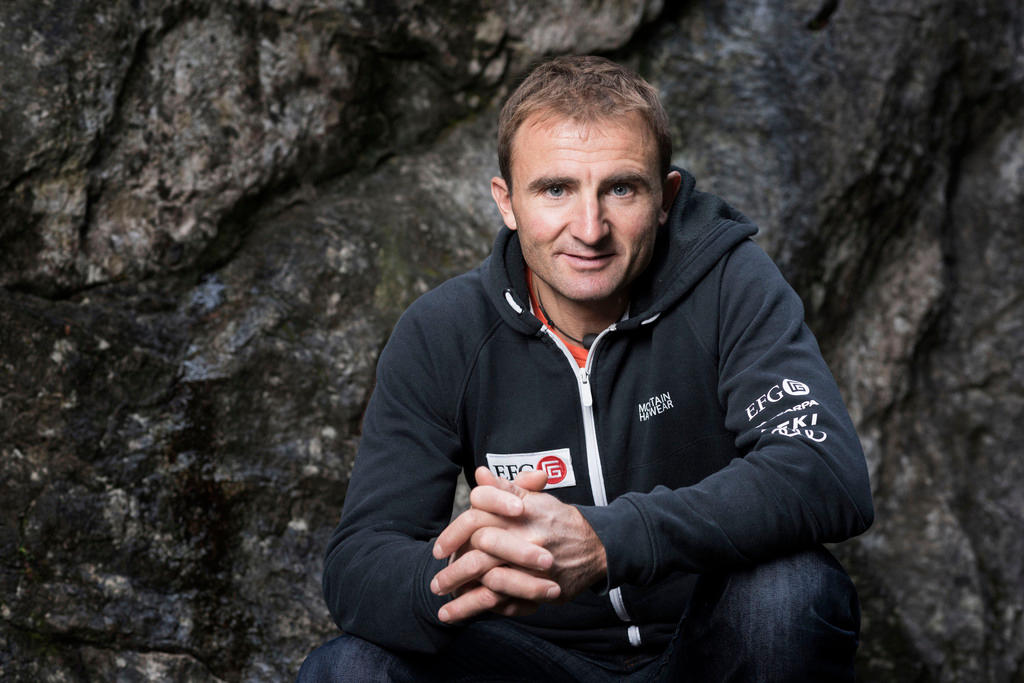
More
Swiss mountaineer Ueli Steck dies in Everest attempt
Considering the fact that many alpinists between 40 and 45 have accidents, Steck told the newspaper that he had asked himself “whether he should get out of the game”. However, Steck said he believed that with intense and targeted training, he could handle the risk.
“But the development is foreseeable. At some point, you’ll risk so much that you’ll crash,” Steck told the Tages-Anzeiger. Steck had already summited Everest without oxygen in 2012. Even then, he was well aware of the risk posed by advancing age.
“You have to be honest with yourself – you can only do this for a certain period of your life,” Steck told swissinfo.ch in 2012.
A ‘coward’
Whether Steck had finally risked too much? Certainly not, according to his spokesman, Andreas Bantel.
“He was never aggressive in taking risks; he was completely the opposite,” Bantel told swissinfo.ch on Sunday. “He was always trying to prepare himself. He even called himself a coward.”
In an interview in the latest edition of The Red Bulletin extreme sports magazineExternal link, Steck insisted that he was a ‘scaredy-cat’ – and that this was what had kept him alive.
“If you’re not scared, then you’re underestimating the task and overestimating yourself. If you’re not afraid, then you’re not sufficiently prepared for the task. I’m very grateful for my fear,” Steck told The Red Bulletin. However, he admitted that fear could be fatal at the wrong time.
“Fear during a project is very, very bad. That shows that you made a mistake during your preparations. That you’ve challenged yourself to do something that overwhelms you,” Steck explained.
‘A sad prophecy’
Swiss Sport Minister Guy ParmelinExternal link described Steck’s words as “a sad prophecy” on Sunday. He expressed his condolences to Steck’s family, including his wife, brother and parents.
“Steck was one of the best. He pushed the limits, but he always remained modest,” Parmelin told the Swiss News Agency, praising Steck’s “achievements, willpower and attitude” and how he tackled the trail with “utmost respect and care”.
Fellow mountaineer Evelyne Binsack described Steck’s death as “a catastrophe”. As she told tabloid newspaper Blick, Steck probably had two souls – one daring, and the other very sensitive.
“He certainly polarised. But when he did something, then he did it all the way. He wasn’t somebody who just talked the talk,” Binsack told Blick.chExternal link.
Retired Swiss ski legend Bernhard Russi expressed regret over the timing of the fatal accident.
“Ueli always lived life to the limit. But why did he have to die like this, when he wasn’t in particular danger or on the limit?” asked Russi, speaking with the Swiss News Agency on Sunday.
Italian mountaineer Reinhold Messner also expressed his sadness via Facebook.

In compliance with the JTI standards
More: SWI swissinfo.ch certified by the Journalism Trust Initiative

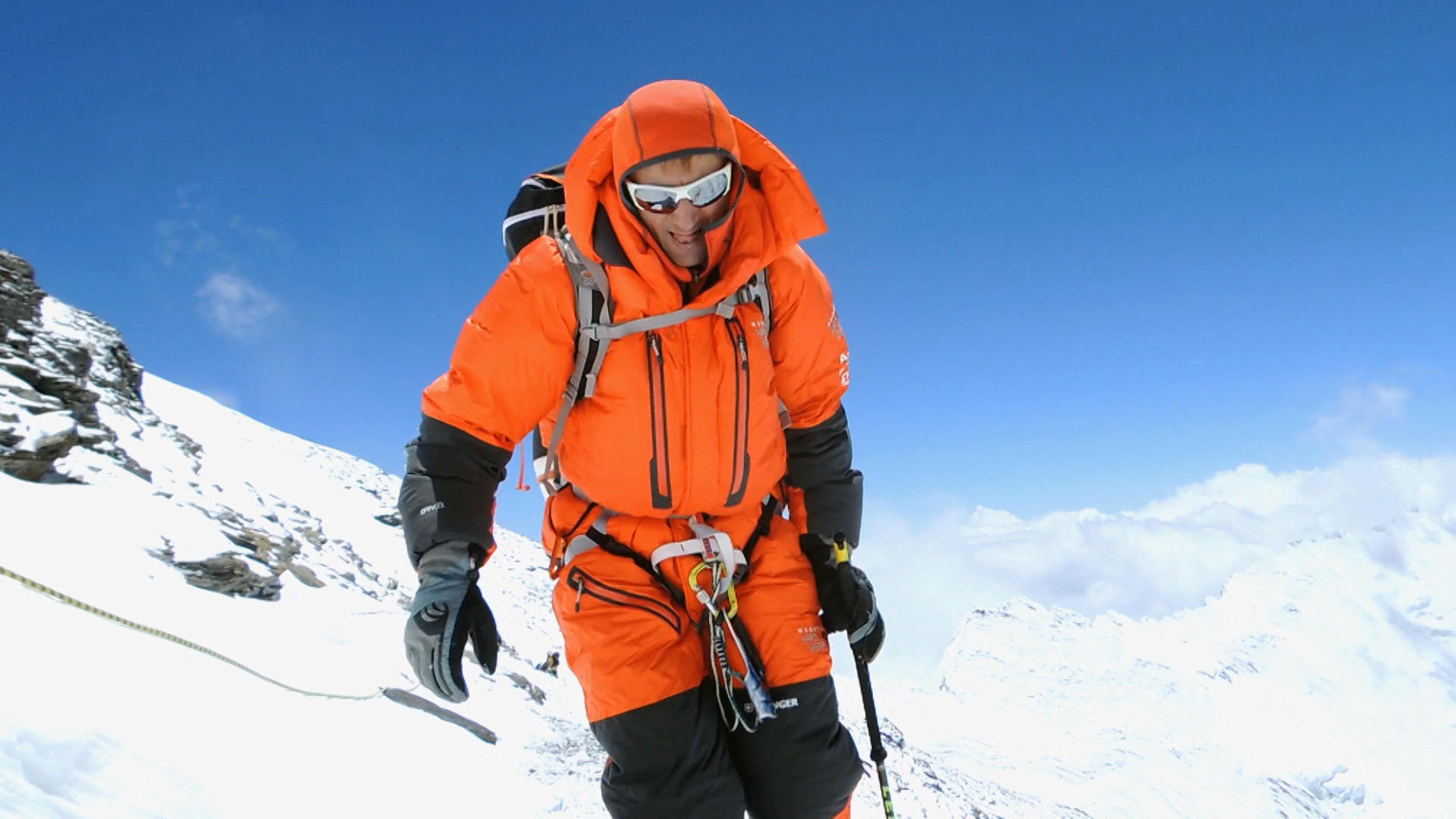
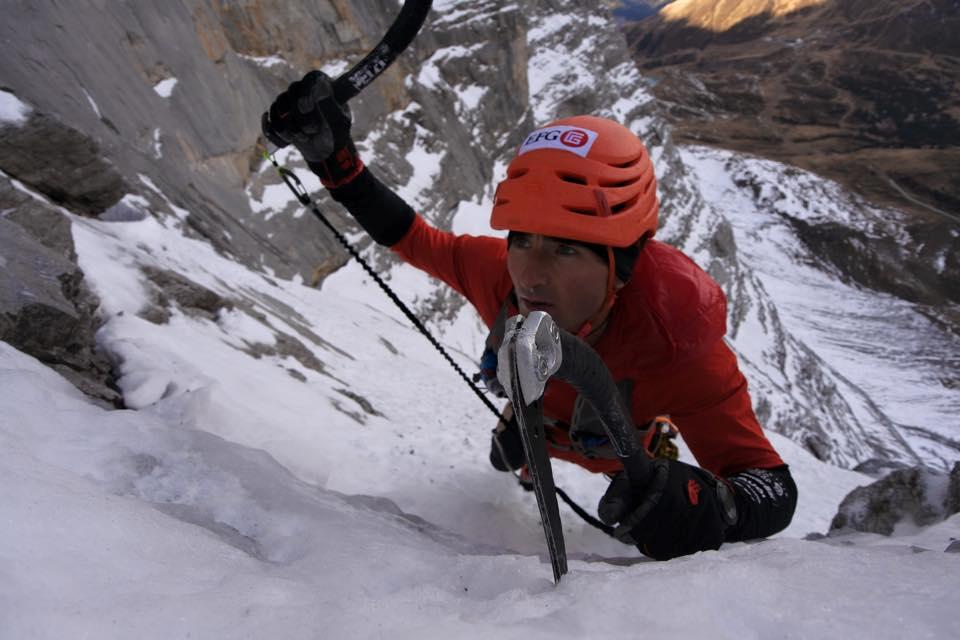
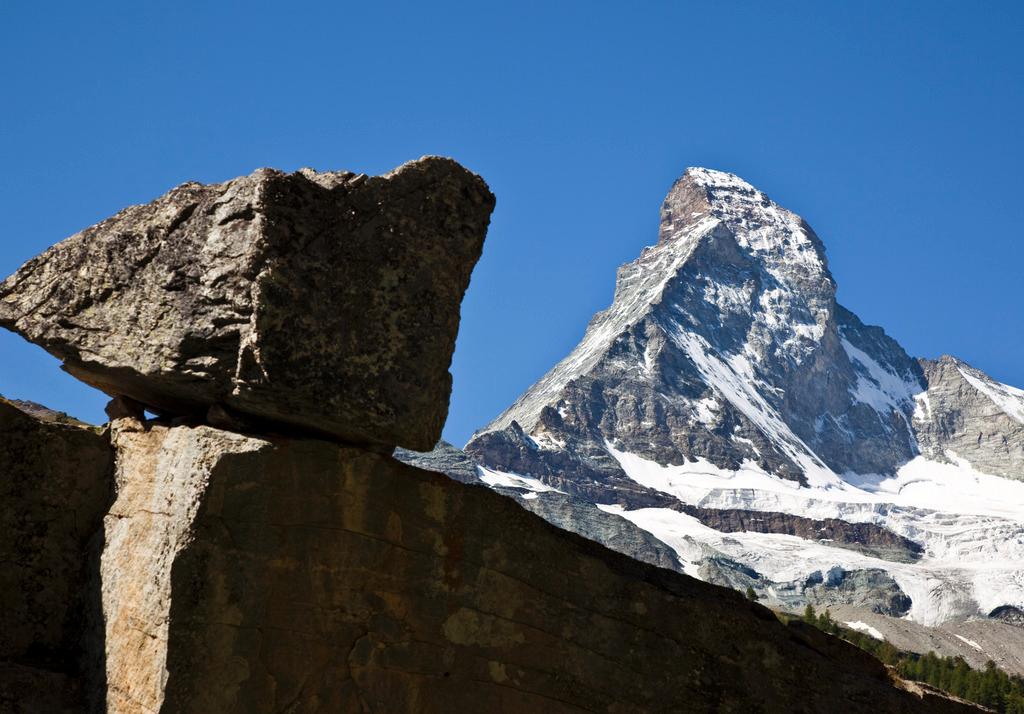
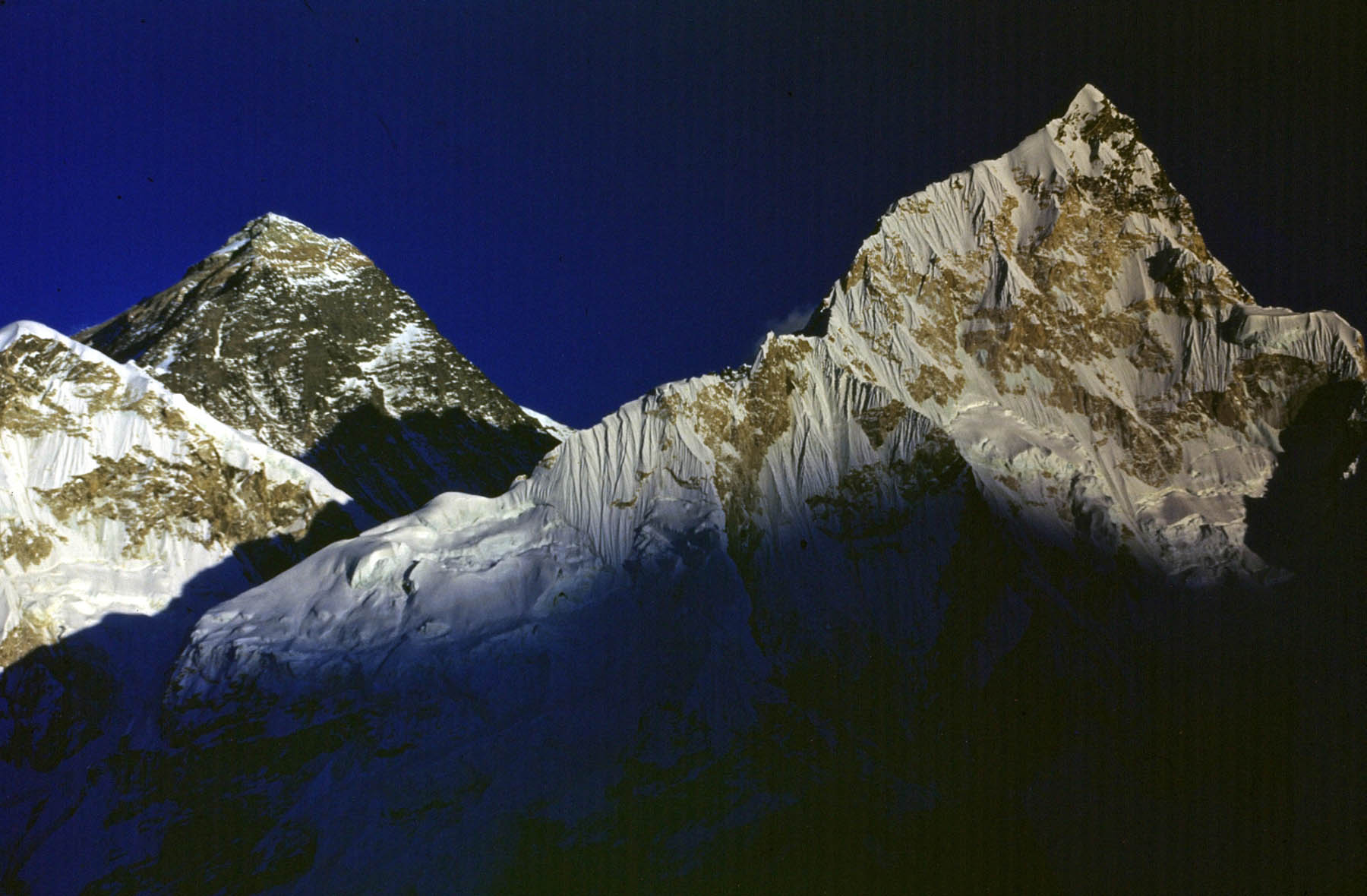
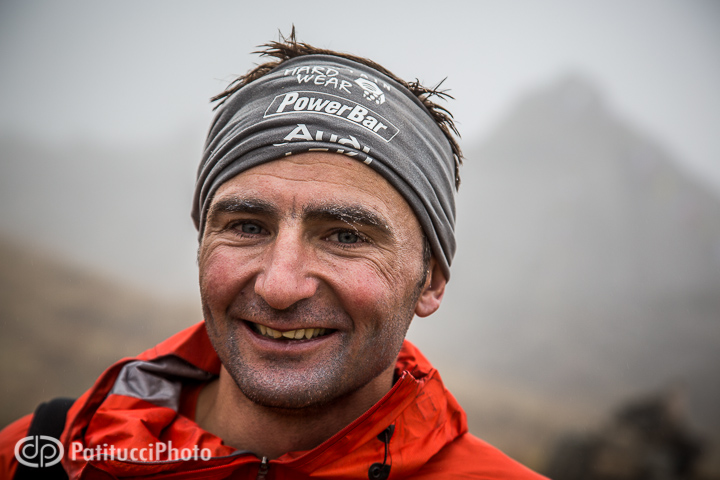
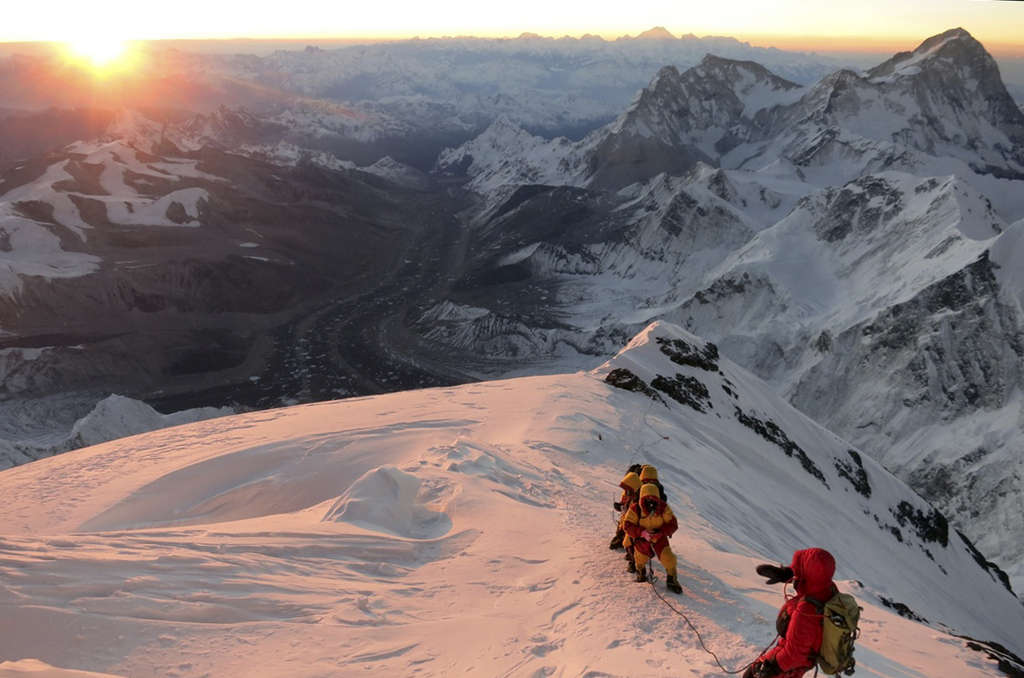
You can find an overview of ongoing debates with our journalists here. Please join us!
If you want to start a conversation about a topic raised in this article or want to report factual errors, email us at english@swissinfo.ch.